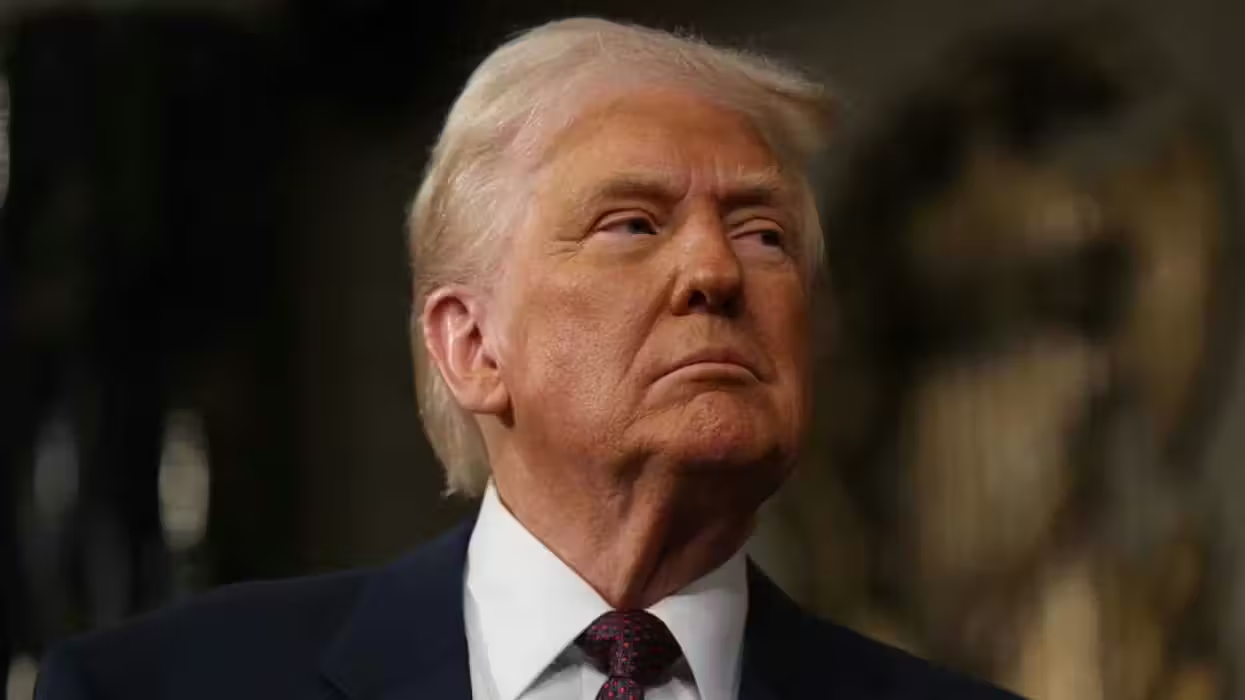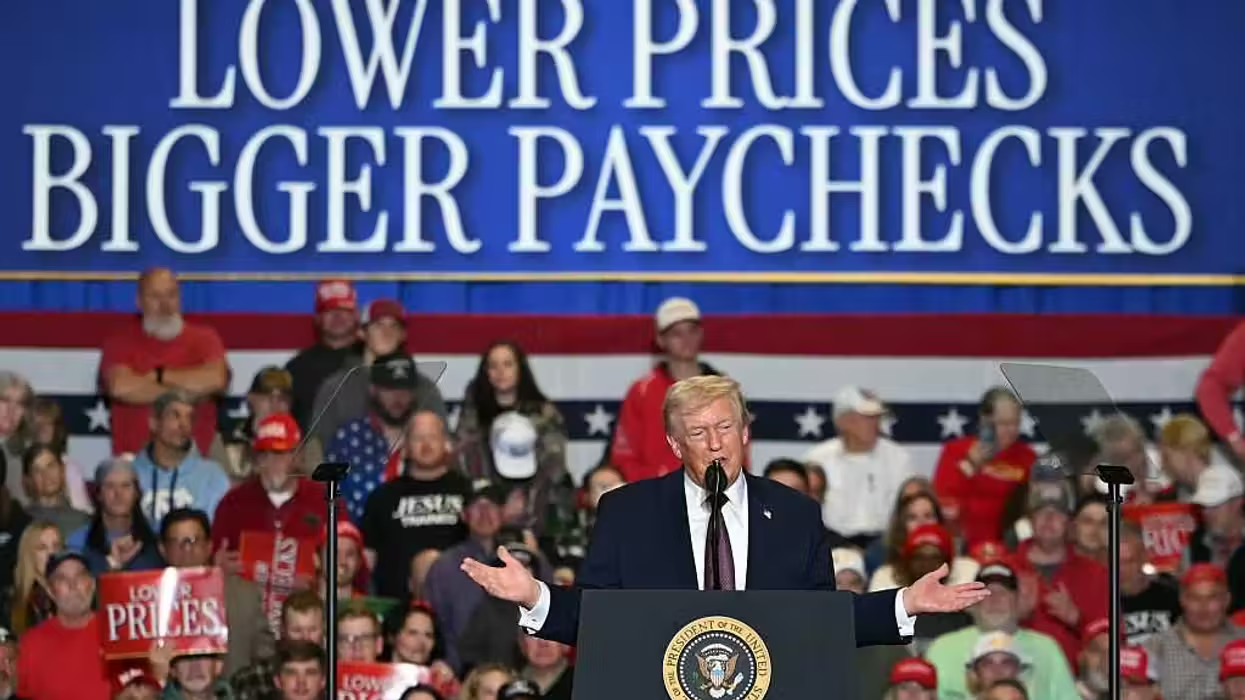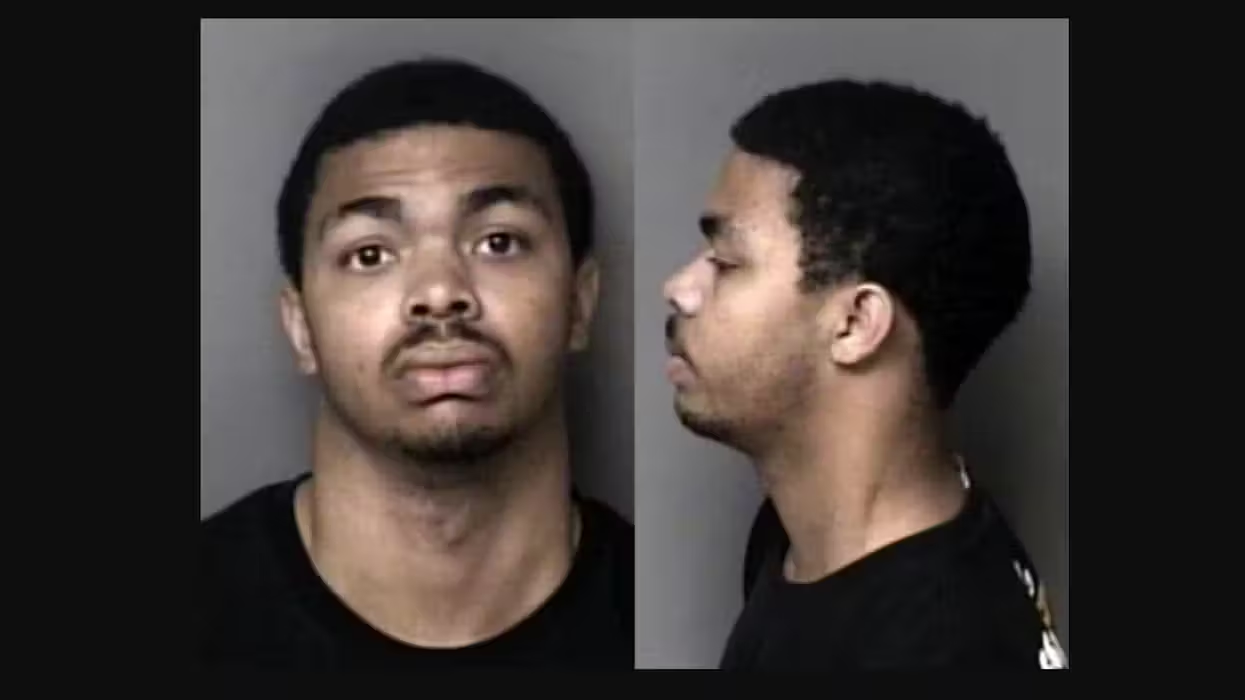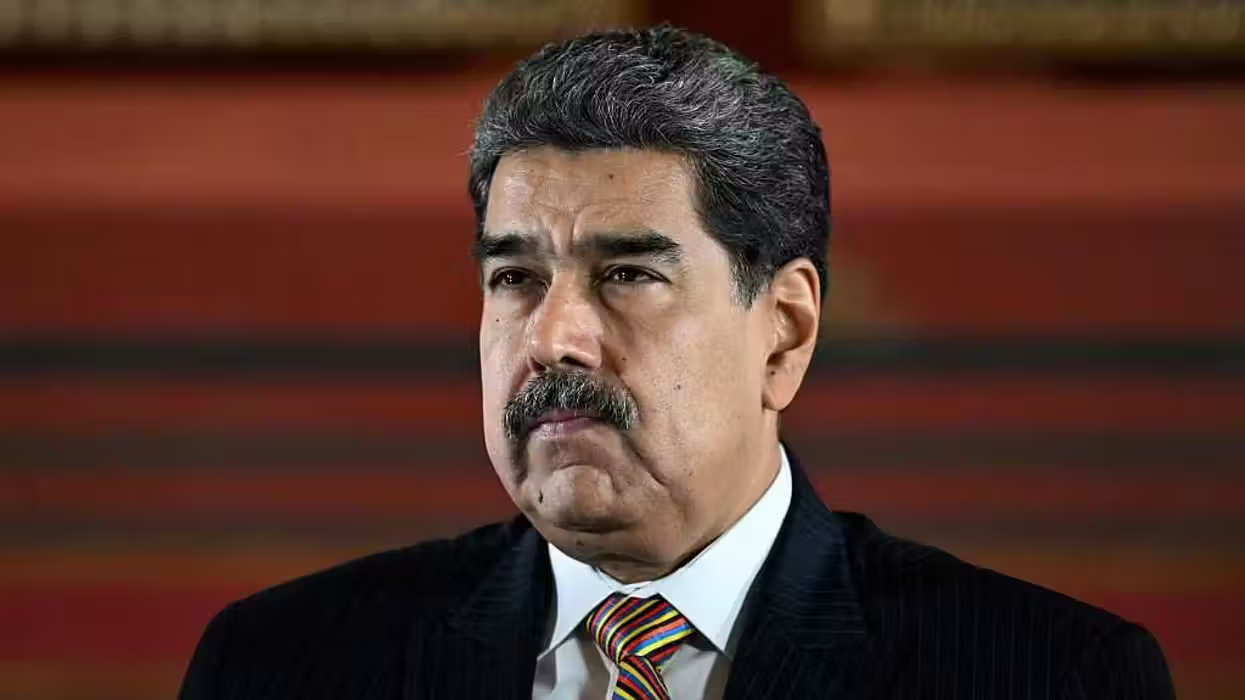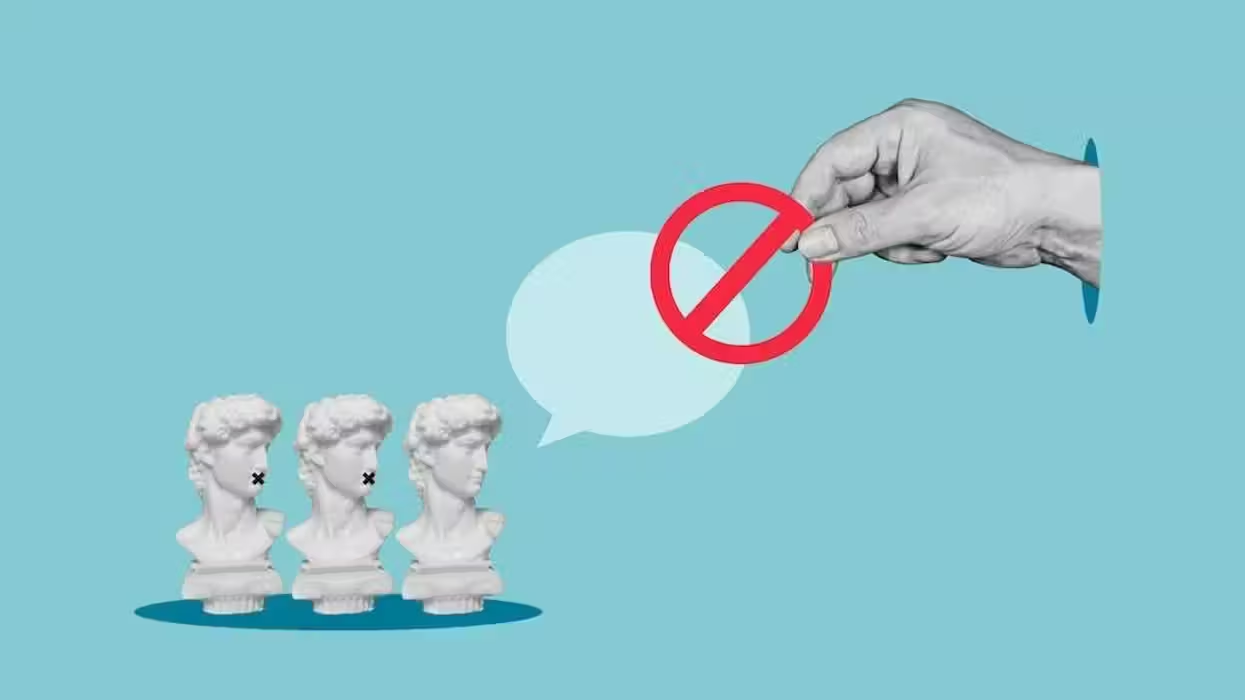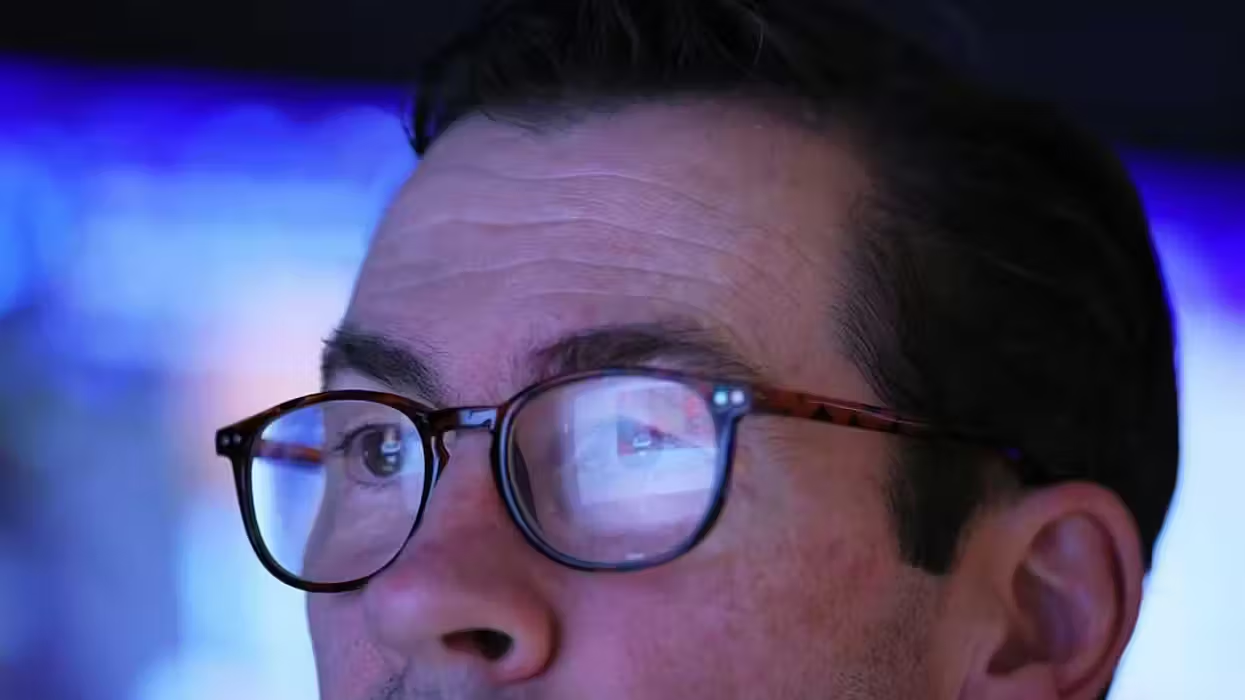An American Civil Liberties Union lawyer argued before a federal court of appeals that the central reason the White House’s proposed travel freeze is unconstitutional is because President Donald Trump is the one who ordered it.
For more than two hours Monday, the 4th U.S. Circuit Court of Appeals in Richmond, Virginia, heard heated oral arguments regarding a lower court order that blocked the president’s controversial travel freeze, which would have temporarily suspended entry into the U.S. from Iran, Iraq, Libya, Somalia, Sudan, Syria, and Yemen — all Muslim-majority countries.
On March 15, a Federal District Court judge in Maryland blocked the travel ban, which was in its second iteration after the initial executive order faced a similar fate. The federal government appealed the decision to the 4th Circuit.
ACLU staff attorney Omar C. Jadwat argued before the circuit court panel that the freeze should be ruled unconstitutional because of then-candidate Trump’s immigration-related comments on the campaign trail. In December 2015, Trump called for “a total and complete shutdown of Muslims entering the United States."
The premise of Jadwat’s argument led Judge Paul Niemeyer, who was appointed by former President Ronald Reagan, to propose a hypothetical scenario to the ACLU lawyer. Niemeyer asked Jadat if a similar travel moratorium would be accepted as constitutional if it had been signed by a president whose last name was not “Trump.”
After going back and forth a few times, an apparently frustrated Niemeyer offered this detailed scenario:
We have an order on its face. We can read this order and we have no antecedent statements by a candidate about this order. We have a candidate who won the presidency — some candidate other than President Trump won the presidency — and then chose to issue this particular order with whatever counsel he took. … He issued this executive order. Do I understand that just in that circumstance the executive order should be honored?
Jadwat had already twice refused to answer the question, but when the judge offered such a comprehensive hypothetical, the liberal lawyer finally admitted: “Yes, your honor, I think in that case it could be constitutional.”
And when pressed by Judge Dennis Shedd, who was appointed by former President George H.W. Bush, about whether or not the executive order — apart from Trump’s past rhetoric — is legitimate, Jadwat failed to offer a clear answer.
“I don’t think so, your honor,” he said tepidly, “because the order is completely unprecedented in our nation’s history. Even with a secular purpose, there is no—”
Shedd interrupted, asking the ACLU lawyer: “So a first order on anything is invalid?”
“No, your honor,” Jadwat replied.
Also during the hearing, the Washington Examiner reported, Shedd pressed Jadwat for an answer as to how many times the president would need to apologize for his past remarks before his executive order would be deemed constitutional by the ACLU.
“What if he says he’s sorry every day for a year?” Shedd asked. “Would that do it for you?”
“No, your honor,” Jadwat answered. “Your honor, I think it’s possible that saying sorry is not enough. That’s true in a lot of circumstances, your honor.”
Both of the federal judges — one in Hawaii and one in Maryland — who blocked Trump’s revised travel freeze argued the executive order was intended to discriminate against Muslims. The Maryland judge, Theodore D. Chuang, who was appointed by former President Barack Obama, cited Trump’s campaign rhetoric as proof of the order’s discriminatory intentions.
During the Monday hearing, acting U.S. Solicitor General Jeffrey B. Wall, representing the White House, urged the court to dismiss Trump’s past comments and instead just look at the text of the travel ban. He said the president “made clear he was not talking about Muslims all over the world.”
“Its text doesn’t have anything to do with religion. Its operation doesn’t have anything to do with religion,” Wall said. “The only thing they’ve got are to reach back and say what we know despite its text and operation [is] what was in the president’s head.”
Circuit Court Judge James A. Wynn Jr., who was also appointed by Obama, asked Wall if there is any “historical analog” for the things Trump has said.
Wall defended the president, saying, “Candidates talk about things on the campaign trail all the time.”
The 4th U.S. Circuit Court of Appeals case is the first of two new arguments regarding Trump’s travel freeze. The 9th U.S. Circuit Court of Appeals will begin hearing another case on the executive order Monday.


